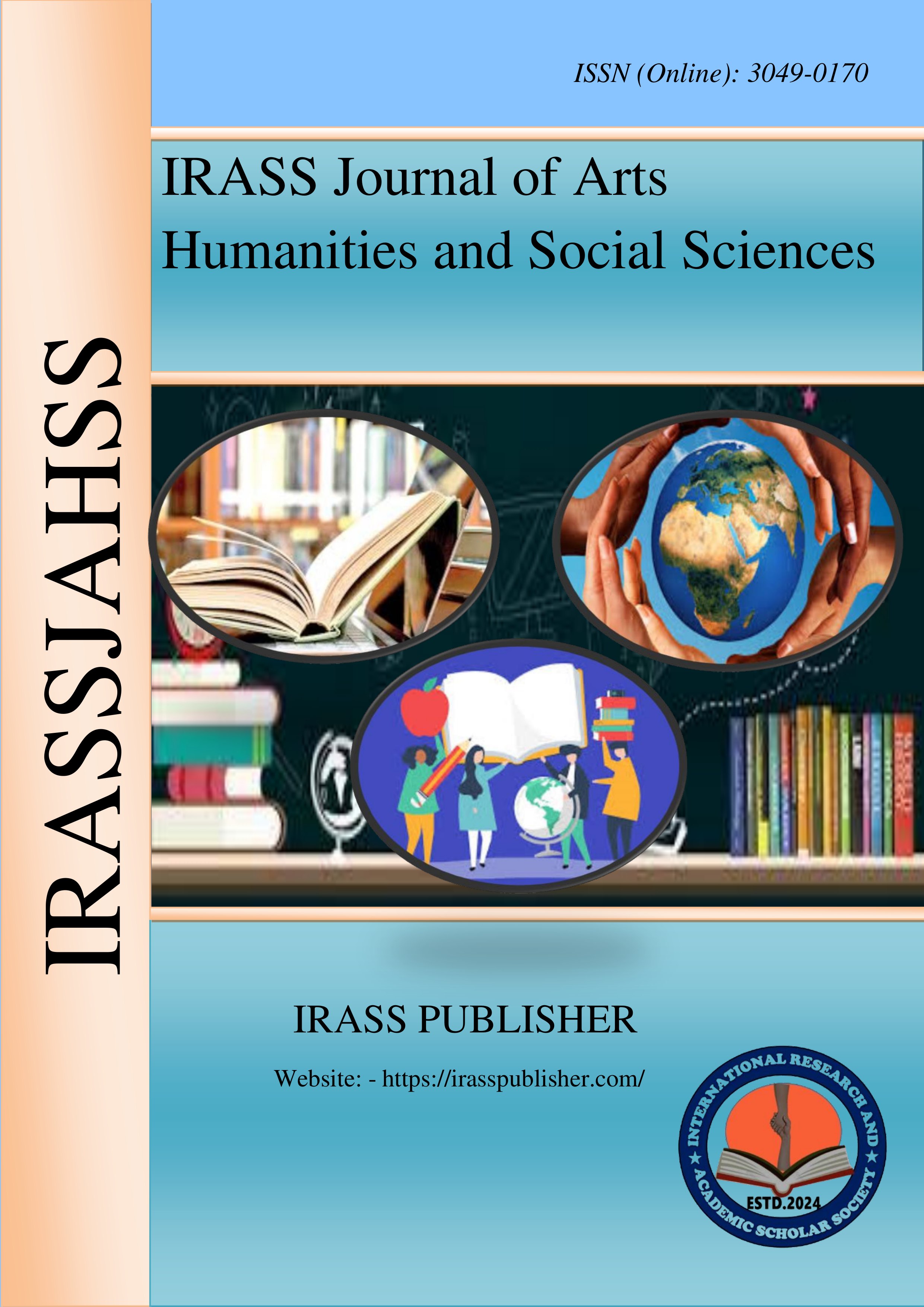The relationship and boundaries between economy and society under Talcott 's systemic terms Parsons
Sr No:
Page No:
162-167
Language:
English
Authors:
Aris Asproulis*
Received:
2025-06-01
Accepted:
2025-06-13
Published Date:
2025-06-16
GoogleScholar:
Click here
Abstract:
This article examines Talcott Parsons's systemic theory and the relationship between
economy and society, as analyzed in his work Economy and Society (1956, with Neil Smelser).
Parsons proposes that the economy is a subsystem of society, integrated into the more general
theory of social systems. Using the "General Theory of Action", he attempts to bridge the gap
between economic and social sciences, arguing that economic concepts such as supply and
demand correspond to sociological concepts such as performance and sanction. His central idea
is that no aspect of human activity is purely economic, since all are connected to broader social
and cultural systems. At the same time, Parsons is criticized, especially by C. Wright Mills, for
his excessive abstraction and the inability of his theory to connect with specific historical and
social reality. The article highlights the epistemological and theoretical challenge of integrating
economic concepts into a more holistic sociological framework.
Keywords:
Talcott Parsons, Systemic theory, Economy and society, General Theory of Action, Subsystems, Social systems, Sociology, functionalism, C. Wright Mills, Theoretical integration
Journal: IRASS Journal of Arts, Humanities and Social Sciences
ISSN(Online): 3049-0170
Publisher: IRASS Publisher
Frequency:
Monthly
Language:
English

